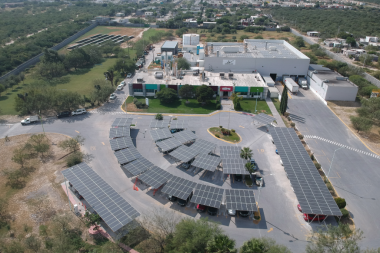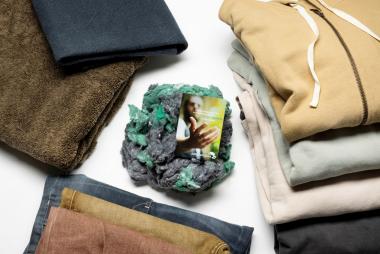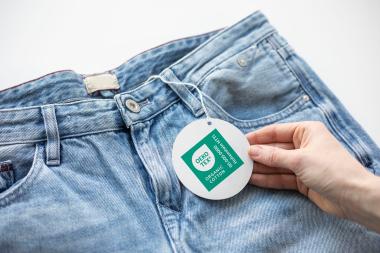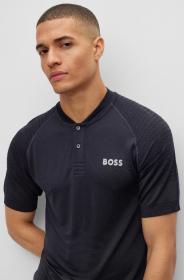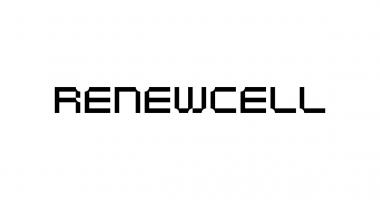Sustainable Apparel Coalition partners with Bangladesh Apparel Exchange
The Sustainable Apparel Coalition (SAC), an independent and impact-creating organization that brings together around half of the apparel industry to enable positive social and environmental impact at scale, announces its strategic partnership with the Bangladesh Apparel Exchange (BAE) for its fourth edition of the Sustainable Apparel Forum. The event aims to bring together stakeholders to discuss and exchange ideas on how to advance sustainability within the textile and apparel industry.
Taking place on March 15 and 16, 2023, this year’s Sustainable Apparel Forum will focus on five key subject areas of the apparel and textile supply chain: circular economy, climate impact & action, renewable energy & green funding, skill development and green job prospects & challenges. Delegates in attendance will include, garment manufacturers, brands and retailers, development partners, foreign missions and embassies in Bangladesh, impact creating organizations, apparel and textile associations, industry leaders, government officials, secretariats and ministers.
The first day of the forum will be geared towards roundtable discussions and workshop sessions on circularity, while day two, the main conference day of the event, will feature panel discussions, presentations & keynote speeches along with strategic guidelines from government officials and industry leaders.
Vidhura Rapanawe, Board Director, Andrew Martin, VP, Membership and Stakeholder Engagement, and Joyce Tsoi, Director of Collective Action Programs, along with other team members, will represent the SAC, including participation in a discussion on decarbonization and what it will take for the industry to achieve the necessary reduction of carbon emissions. The SAC will also actively participate and organize a special workshop for manufacturers as part of their continued stakeholder engagement efforts.
Sustainable Apparel Coalition Bangladesh Apparel Exchange Sustainable Apparel Forum Sustainability
Bangladesh Apparel Exchange (BAE)






